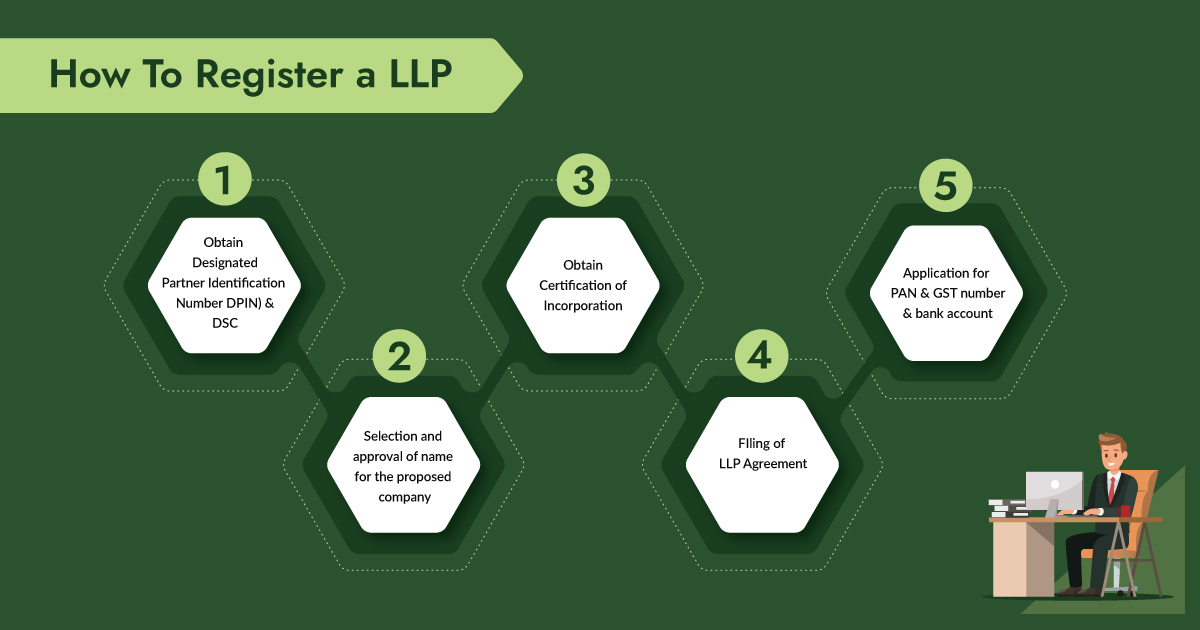Overview
The Companies Act, 2013 marked a turning point in easing forming and starting a company in India. The Indian Government has taken initiatives over the last five years, such that the country is now ranked 63rd in the World Bank’s Ease of Doing Business rankings 2020.
Incorporating a company in India is even simpler with our Company Incorporation services. We at Incorp have a lot of experience dealing with different regulatory agencies. From registering corporate entries with the Ministry of Corporate Affairs (MCA), the Reserve Bank of India (RBI), NBFC registration, Trust Authorities for AIF registration, Registrar under the Societies Act for Societies registration, and SEBI Authorities for listed companies.
What are the different types of legal entities that can be incorporated in India?
Our dedicated team of experts will assist you from start to finish with the formation of various legal entities in India under the following regulatory authorities:
- Proprietorship Firm
- Public Limited Company
- Partnership Firm
- One Person Company (OPC)
- Limited Liability Partnership(LLP)
- Private Limited Company
Proprietorship Firm
In this case, one person owns all of the assets and reports revenues of the business along with the person’s income tax return. Importantly, no legal formalities are required to establish this business structure other than appropriate licensing and business registration.
Public Limited Company
In India, this type of business entity must have a minimum of seven shareholders. The transfer of shares is not prohibited under shareholders’ rights, and a prospectus must be published in the event of a public offering.
Partnership Firm
The Indian Partnership Act, 1932 governs these firms in India. A partnership firm’s maximum number of partners should not exceed 100, with profits and losses shared according to the partnership deed. When forming a Partnership firm, these deeds are created and registered.
One Person Company (OPC)
An OPC is a business that has only one member, as defined by the Companies Act, 2013. The shareholder can select just one nominee who will become a shareholder if the original shareholder’s death or incapacity. In essence, the OPC structure allows a sole proprietor to continue to work while being a part of the corporate structure.
Limited Liability Partnership (LLP)
This business structure was introduced in India by the Limited Liability Partnership Act, 2008. It provides the advantages of limited liability for a company while also giving the flexibility of organizing its internal management based on a mutually agreed-upon agreement, as in a partnership firm.
Private Limited Company (PLC)
The most common type of business structure in India. It is formed by having the following requirements:
- Minimum of 2 Shareholders
- Minimum of 2 Directors
- 1 Corporate Secretary
- Minimum of Rs 1 paid-up capital
- Local registered address

Other entities that can be established in India include:
- Joint Venture
- Subsidiary
- Subsidiary of Foreign Company
- Non-governmental Organization(NGO)
- Trust
- Co-operative Society
- Non-Banking Financial Company(NBFC)
- Alternate Investment Fund(AIF)
What are the key requirements for registering a company in India?
The following key requirements are needed:
- Selecting a unique name for your business and an appropriate business structure
- A minimum of INR 1 lac should be provided as authorized capital
- Proof of registered office address
- Identity and address proofs for directors and subscribers
- Application for Pan, GST and Income Tax as well as a bank account.
- Statement from the bank
How soon can you start your business in India?
- If all the documents are in order, it should not take longer than 10-12 working days.
- No company can begin operations without first obtaining a Certificate of Incorporation / Commencement.
How can WeCorporate help?
WeCorporate has a committed team of company secretarial services, legal professionals, and chartered accountants with extensive experience and knowledge in various corporate laws and commercial/legal documentation across many sectors.
Our team understands how increasingly complicated corporate and regulatory regulations are for all corporate secretarial matters ranging from entity incorporation to winding up.
We also assist with a variety of post-incorporation needs, such as annual filings with the ROC and MCA, accounting and bookkeeping, and payroll management, as well as other business secretarial and regulatory services.
FAQs on Incorporating a Company in India
- It should take no more than 10-12 working days if all of the documents are in order.
- The following documents are required:
- Identity and address proofs for directors and subscribers
- Statement from the bank
- Proof of registered office address
- The Digital Signature Certificate (DSC) is a certificate issued by authorities that allows you to sign electronic documents. As all important documents are electronic, partners need a DSC.
-
- A minimum of INR 1 lac should be issued as approved capital during registration.
- As part of the government’s initiative to simplify business registration in India, a minimum paid-up capital requirement has been removed.
- However, each shareholder must purchase at least one share to register the company and bring in sufficient funds to operate it.
- As soon as you received the Certificate of Business Commencement.